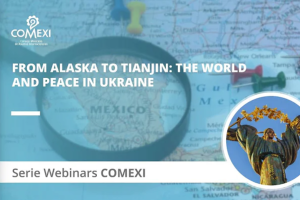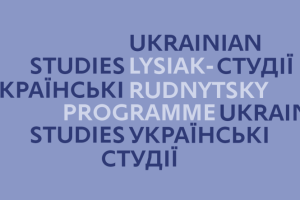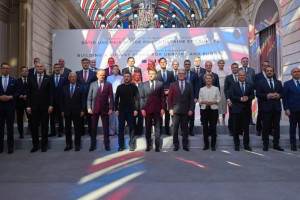Policy Exchange Discussion: Guaranteeing Ukraine's Long-Run Security
Over one hundred days into Russia’s invasion, Ukraine is still valiantly defending itself against an unprecedented existential threat. PONARS Eurasia invited six preeminent scholars of post-communist politics and international relations to discuss the following forward-looking question that is likely to be central to regional security for the long-term:
Regardless of how the war ends, how can Ukraine’s long-run security realistically be guaranteed?
All of the speakersappear to agree on the same starting point: Russia must be defeated on the battlefield and held accountable for war crimes committed before Ukraine’s security can be negotiated. Whether that defeat involves a return to pre-war borders or even the return of Crimea is still an open question.
Yet beyond the need to defeat Russia, the experts diverged about how much Ukraine could rely on the West for security guarantees. The main point of contention was whether NATO membership was a realistic possibility for Ukraine moving forward. Two groups of experts argue yes. Maria Popova and Oxana Shevel draw attention to the admirable pace of domestic reform in Ukraine since 2014, helping put membership within reach while also highlighting the imperative of the NATO umbrella for deterring future Russian aggression. For Petro Burkovskyi and Olexiy Haran, that membership should come without any constraints on Ukraine’s military build-up.
Yet the other two authors were more skeptical about how far the West would actually go to defend Ukraine’s sovereignty. Highlighting the hesitation of the US and UK on the NATO question, as well as potential disunity in the alliance over enlargement, Mariya Omelicheva discusses a need for Ukraine’s own path to self-reliant security. Paul D’Anieri questions whether any commitments less than NATO membership will actually be credible to deter future Russian aggression.
There was much more agreement on the need to pair domestic reforms with this type of diplomatic outreach. This begins with the continued arming and fortifying of Ukraine’s military. Omelicheva terms this strategy “Fortress Ukraine,” which would include building robust air defense, upgrading military technology, and boosting cyber capabilities. But Ukraine requires a vibrant economic base to support such modernization as well as a robust democracy to ensure cooperation with the West. The contributions from Popova and Shevel and D’Anieri both see a road to EU membership as potentially accelerating and consolidating political progress already made.








